This website uses cookies so that we can provide you with the best user experience possible. Cookie information is stored in your browser and performs functions such as recognising you when you return to our website and helping our team to understand which sections of the website you find most interesting and useful.
A Dolomitic global warning: how drought is devastating northern Italy
Filippo Bartolotta captures in words and pictures the devastating impact of the drought in northern Italy – and, with no rain forecast, the winemakers are worried.
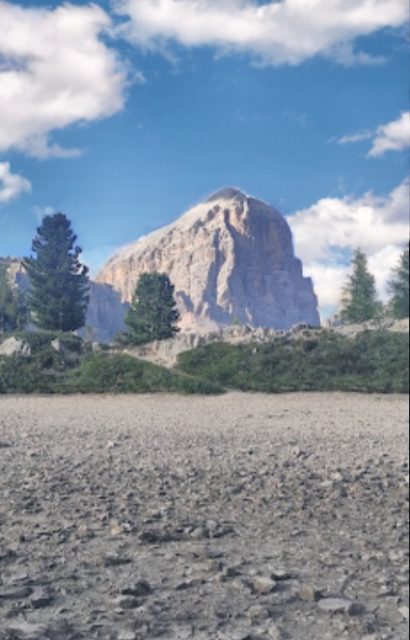
This week I have been traveling from the most north-westerly part of Italy, Piemonte, all the way down to Bolgheri on the Tuscan coast and then up again on the north-eastern side of the country to Cortina d’Ampezzo in the mighty Dolomites.
A passion for wine makes me travel like a pinball and these trips reveal how much different latitudes and altitudes reflect in the wine. I photograph the beauty of the landscapes – distilled by the truly great terroir wines – I breath the air of an entire appellation, I appreciate the traditional dishes and I learn all about the local culture.
This week though, while enjoying the never ending beauty of Italian vineyard sites, I was gobsmacked by the devastating impact of climate change across the different regions: anywhere you go the soils are hard and dry, the rivers are becoming smaller – the Po river, the largest in Italy, is down 30% – the temperatures are 3-4°C higher-than-average and, worst of all, there’s no rain in sight.
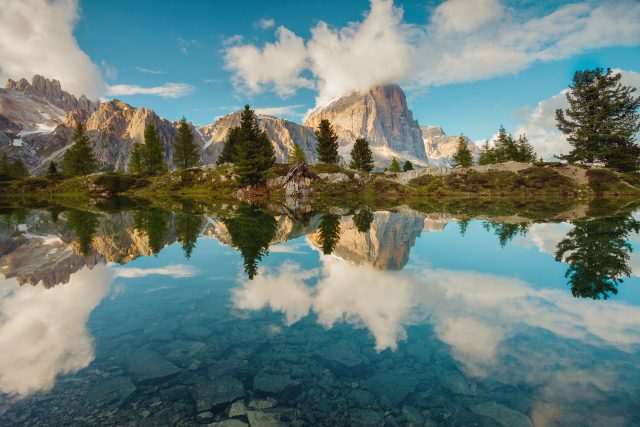
Italian winemakers are worried. On the Adriatic side some scattered rains helped the situation a bit, according to Angela Velenosi from the Velenosi Winery, who discussed the drought situation with me during the Vino Vip 2022 event in Cortina two days ago.
Her 100% Pecorino Reve 2020 Offida Docg Abruzzo seems to be coping pretty well with the hot vintages.
Eugenio Sartori, CEO of Vivai Cooperativi Rauscedo nursery – today the largest exporter of vine cuttings in Europe with 30-40 million units a year – recorded how a warming trend is affecting the market for grape varieties. “Pecorino, together with Grillo, Vermentino (Rollè) and Durella are some of the most requested varieties for their ability to retain acidity better than others,” he said. “We have been focusing on plants that are more resilient and productive under the climate change stress,” he added.
The consequences of climate change on the vines was discussed at the wine event in Cortina d’Ampezzo. The Vino Vip 2022 event, held by Civiltà del Bere, was a welcome opportunity to meet wine professionals, winemakers and wine experts from all over Italy, as well as taste some great wines against the astonishing backdrop of the UNESCO World Heritage Dolomite mountains.
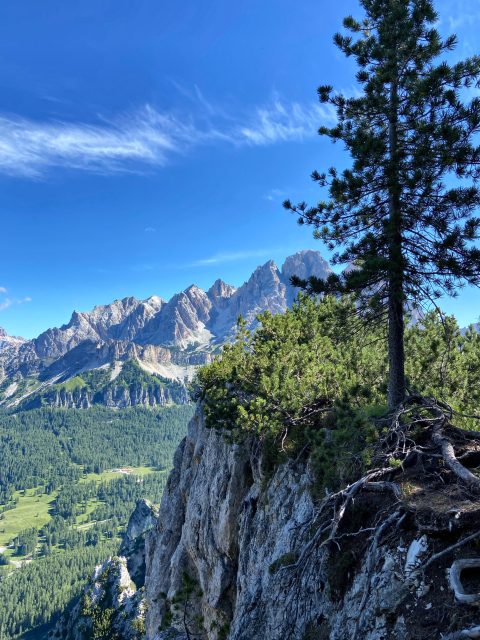
The day after we moved to Rifugio Faloria at 2120 metres above sea level, where, after a very inspiring hike with my fellow colleagues, followed by a mountain brunch, we dug into a wonderful tasting of almost 180 labels, from 59 wineries from all over Italy, stuck under the bluest of Dolomitic skies.
While tasting on Faloria Mountain at 11°C, a paradise compared to 39°C in Florence, I could not avoid a glance to the mighty Marmolada Glacier where, only a few days ago, extremely high temperatures (+10°C) provoked the collapse of a massive piece (ice and rocks) killing 11 people.
Climate change is responsible for Africa-like temperatures in Europe, poor rainfall and as a consequence, this severe drought that is remarkably present not only in the southern plains but also up here on the mountains where more and more glacier lakes, like the beautiful Limedes lake, have already disappeared: it is totally dried out!
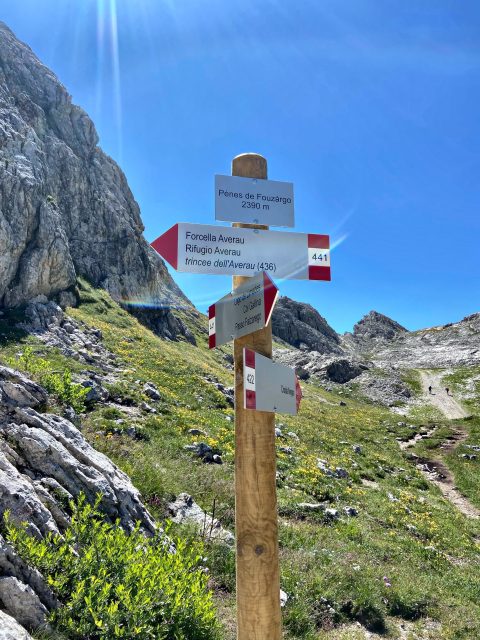
The glaciologist team at the University of Parma and Padova says that during the last century the Marmolada Glacier became 70% smaller in total surface with 90% less in volume!
Looking at that 3343m high UNESCO heritage protected site of the Marmolada mountain, has been for sure the highlight of my most recent trips. One thing is to read about global warming, a different thing is standing in front this giant beautiful glacier dying. I felt a deep sense of sadness. The loss of its ice surface means no water in rivers and lakes. The wine world is working hard to become more sustainable and to look for more effective solutions.
With a last glass of the vibrant Nals Margreid Punggl, Alto Adige Pinot Grigio 2020 we toasted to the success of these efforts.
Read more
Drought emergency declared in Northern Italy
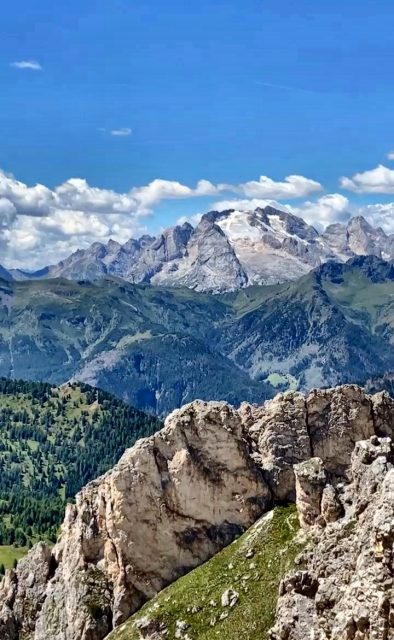
Related news
A 'challenging yet surprising' vintage for Centre-Loire in 2024

